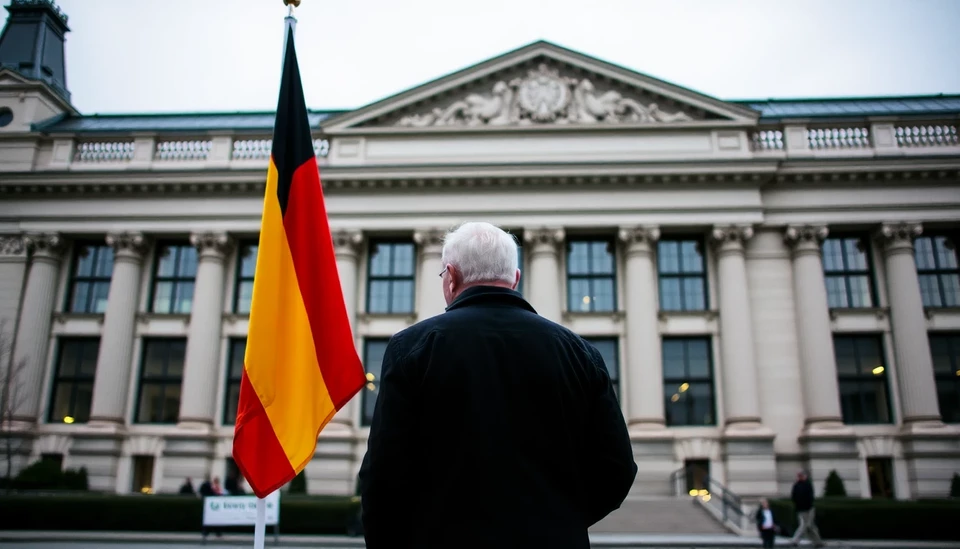
In the face of increasing trade chaos characterized by the United States' shifting policies, Europe stands at a crossroads, presenting both challenges and opportunities. The recent volatility in U.S. trade relations—marked by unilateral sanctions, tariffs, and diplomatic confrontations—impacts not only American markets but sends ripples across global economies, particularly in Europe.
As the U.S. grapples with its trade strategy, many European leaders are beginning to recognize this unpredictability as a potential advantage. The U.S. has historically been a significant player in international trade, but its recent actions have created pathways for European countries to enhance their economic relationships and strengthen their own trade positions.
The ongoing tension between the U.S. and its trading partners has led to unforeseen repercussions that disrupt traditional supply chains. Recent uprisings against tariffs and sanctions on key goods have culminated in an escalating series of retaliatory measures, resulting in a chaotic trading environment. This has raised questions about the reliance on U.S. markets for European exports and the extent to which Europe should assimilate into an increasingly fragmented global trading system.
European leaders might find this climate conducive to devising innovative trade agreements with other nations. Nations previously hesitant to engage more deeply with Europe—due to the U.S.'s strong presence—may now seek collaborations that can offer mutual benefits devoid of American influence or constraints. Notably, with Asian markets becoming more significant, the European Union (EU) could solidify its position as a pivot point that connects the East and West.
Furthermore, as the U.S. continues to focus inward, the EU has a unique opportunity to galvanize its economic and political unity. It could spearhead initiatives aimed at launching a more cohesive and adept foreign trade policy that not only attracts investments from non-U.S. partners but also strengthens economic ties within its member states.
To capitalize on this situation, Europe must act decisively. Building on existing relationships through rejuvenated trade agreements or through the development of new partnerships will be vital. Programs aimed at diversifying supply chains, enhancing technological cooperation, and fostering sustainable practices can position Europe as a resilient global player against the backdrop of American trade uncertainty.
The challenge lies in Europe’s ability to solidify its intentions and navigate the complexities of global trade amidst erratic policies in Washington. The forthcoming decisions made by European leaders will be crucial in determining not just their immediate economic futures but the broader landscape of international trade and diplomacy.
Europe's focus should be on creating a robust framework that promotes trade synergy among nations looking to counterbalance the unpredictability emanating from the U.S. Doing so could usher in an era of renewed alliances and greater economic stability for Europe and its partners, transforming a moment of chaos into an epoch of growth.
As the winds of change continue to blow, the imperative for Europe to seize this moment has never been more pronounced. The question remains: will Europe rise to the occasion and secure its place on the international stage as a resilient and forward-thinking economic power?
#TradeChaos #EuropeanOpportunity #USTradePolicy #GlobalEconomy #TradeAgreements
Author: Rachel Greene
